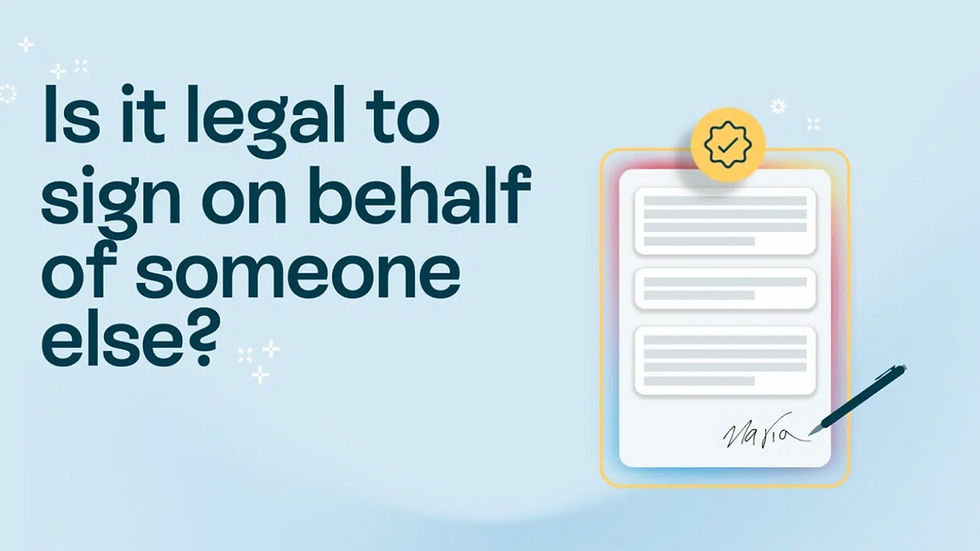The Power of Words: How Letters Spark Change and Shape History
- LetterLab

- Apr 1
- 4 min read
Updated: Apr 4
Throughout history, powerful letters have driven monumental change—uniting people, challenging injustice, and sparking movements. From political leaders to everyday citizens, the art of persuasive writing has been a tool for those demanding justice, equity, and compassion.

In this article, we’ll delve into how letters from two iconic figures—Nelson Mandela and Marcus Rashford—demonstrated the transformative power of the written word. We’ll explore what made these letters impactful, why they resonated so deeply, and how you can write with similar conviction to effect change.
Nelson Mandela: Writing for Justice and Freedom
Nelson Mandela’s journey from prisoner to President of South Africa is a testament to the power of resilience, courage, and the written word. During his 27 years in prison, Mandela wrote letters that carried hope, strength, and a relentless commitment to justice—messages that transcended prison walls and inspired a global movement.
Letters from Prison: Words That Shook a Nation
While confined in Robben Island Prison, Mandela’s letters to his family, political allies, and the public were filled with determination and conviction. He used his words to denounce apartheid, promote peace, and call for justice. These letters were a lifeline for a nation yearning for freedom and equality.
In a 1976 letter to his wife, Winnie Mandela, he wrote:
"Difficulties break some men but make others. No axe is sharp enough to cut the soul of a sinner who keeps on trying, one armed with the hope that he will rise even in the end."
His words, filled with unshakeable resolve, spread throughout South Africa and the world, rallying support against apartheid. Mandela’s letters exemplify the power of a persuasive, impassioned voice—proof that even from behind bars, words can dismantle oppression.
🔗 Authoritative Source: According to the Nelson Mandela Foundation, Mandela’s letters were “a powerful weapon of resistance,” galvanising support against apartheid and keeping the hope for a free South Africa alive.
Marcus Rashford: A Letter That Changed Government Policy
In 2020, Manchester United and England footballer Marcus Rashford proved that letters are still a powerful tool for change. Using his platform, Rashford took on the UK government’s decision to end free school meal vouchers during the summer holidays—an action that would leave millions of vulnerable children without meals.
An Open Letter That Stirred a Nation
Rashford’s open letter was personal, emotional, and authentic. He shared his own experiences growing up in poverty, relying on breakfast clubs, free school meals, and the kindness of neighbours. In his heartfelt plea, Rashford emphasised:
“This is not about politics; this is about humanity. Can we not all agree that no child should be going to bed hungry?”
His powerful message resonated with the British public, media, and political figures alike. The government ultimately reversed its decision, announcing a £120 million Covid summer food fund, providing meals to 1.3 million vulnerable children in England.
Rashford’s approach shows the importance of speaking from personal experience—he humanised an issue, making it relatable and urgent. His words were backed by compassion, credibility, and a compelling narrative.
🔗 Authoritative Source: The BBC highlighted how Rashford’s open letter not only secured meals for vulnerable children but also ignited a national conversation on food poverty.
What Makes These Letters So Powerful?
Both Mandela and Rashford used letters as a force for change. Their letters shared key qualities:
Authenticity and Vulnerability: They shared personal stories, making their messages relatable.
Emotional Appeal: They connected deeply, stirring compassion and urgency.
A Call to Action: Each letter clearly stated what needed to change.
Authority and Credibility: They spoke from a place of experience and knowledge.
Empathy and Humanity: They focused on the impact of injustice on real people.
These elements are critical when writing letters that aim to inspire action.
How to Write a Persuasive Letter That Drives Change
Writing a persuasive letter, whether for social change or personal requests, can be powerful if done right. Here’s a step-by-step guide:
1. Define Your Purpose Clearly
Start by outlining your goal. What do you want the reader to do, change, or acknowledge? Be specific and concise.
✅ Example: “I am writing to request a review of the current policy on free school meals, which is leaving thousands of children hungry.”
2. Appeal to Emotions with Personal Stories
Personal stories connect with readers on a human level. Share an experience that illustrates the problem.
✅ Example: “Growing up, I relied on school meals to get by—my story is not unique. Thousands of children face the same struggle every day.”
3. Present Facts and Evidence
Support your argument with credible data and sources. Well-researched points establish authority and trust.
🔗 Authoritative Source: According to the Trussell Trust, over 2.1 million emergency food parcels were given to people in crisis in 2022.
4. Acknowledge Opposing Views and Counter Them
Strengthen your position by addressing opposing arguments.
✅ Example: “While I understand that funding is limited, investing in children’s health and education yields long-term benefits for society.”
5. Create a Compelling Call to Action
End your letter with a clear request and a deadline if appropriate.
✅ Example: “I urge you to reconsider this policy before the summer holidays begin. Children cannot wait.”
Client Success Story: How LetterLab Helped a Customer Spark Change
A client approached LetterLab needing a persuasive letter to their local council about the poor state of public housing. After helping them craft a detailed, impactful letter backed by evidence and a strong emotional appeal, the council responded positively—promising immediate repairs and long-term improvements.
The Power of Words: Why Letters Still Matter
Letters have the power to influence decisions, evoke emotions, and inspire action. Whether you're standing up for a cause, making a request, or sharing your story, the right words can change minds and shape futures.
If you’re struggling to put our thoughts into words, a professional letter writing service like LetterLab can help you create impactful letters that get results.
🔗 Authoritative Source: The Harvard Kennedy School discusses how compelling communication can mobilise public opinion and bring about policy change, emphasising the importance of clear, persuasive writing.
Final Thoughts: Crafting Letters That Make an Impact
From Mandela’s fight against apartheid to Rashford’s campaign against child hunger, powerful letters have changed the course of history. When done right, a letter can be a weapon, a plea, or a call to arms—one that ignites change and leaves a lasting mark.
Ready to make your voice heard? Whether you’re fighting for justice, seeking help, or making a request, LetterLab can help you write the letter that gets results. Let’s make an impact—one letter at a time.




Comments